Canada’s Postnational Identity
Canada’s identity has long been shaped by its relationship with the United States, often defined by its desire to distinguish itself from its southern neighbor. Prime Minister Justin Trudeau popularized the notion that Canada is a postnational state, which suggests a rejection of traditional national narratives in favor of an inclusive, multicultural identity. However, this approach has led to a significant identity crisis, where many Canadians feel disconnected from their historical roots and cultural heritage.
Cultural Inferiority Complex
The video highlights an inferiority complex within Canadian society, mainly stemming from its proximity to the United States. Canadians often grapple with the overwhelming cultural dominance of American media and values, leading to a struggle to establish a uniquely Canadian identity. This cultural overshadowing manifests in various ways, from the ubiquitous influence of American television to the indistinguishable accents of many Anglo-Canadians from their American counterparts. The nostalgia for a bygone era, when Canada was perceived as a safer and more desirable alternative to the U.S., further complicates national pride.
Immigration and National Cohesion
Canada’s immigration policies have dramatically changed the demographic landscape, with a substantial portion of the population comprising first and second-generation immigrants. While this diversity is often touted as a strength, it has also created a divide between new arrivals and those with deep historical ties to the nation. This rift poses challenges for national cohesion, as the newer generations may lack a sense of connection to Canada’s colonial past, which is often criticized and demonized in contemporary discussions.
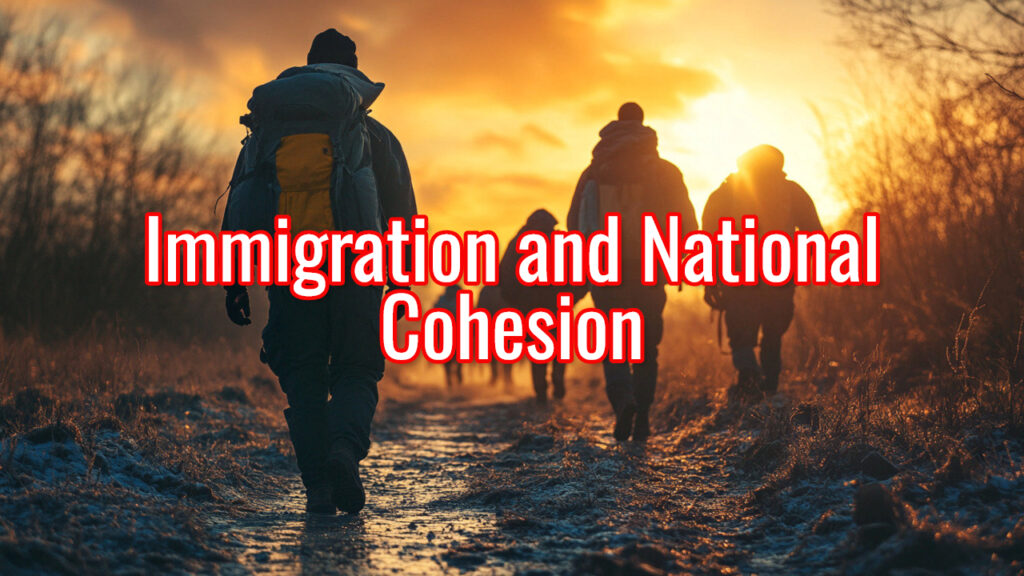
Economic Challenges and Disillusionment
Economically, Canada faces significant challenges, particularly for younger generations, who are struggling with housing affordability and job stability. A report by the Royal Canadian Mounted Police warns of potential civil unrest stemming from economic disillusionment, reflecting a broader sentiment of hopelessness. As the economy falters, Canadians may increasingly question the efficacy of their government and the sustainability of their socialized medical system, which has deteriorated under recent leadership.
National Pride and Future Prospects
The call for renewed nationalism in Canada, as illustrated by recent celebrations of the maple leaf flag, is met with skepticism. Many Canadians feel demoralized, and the challenge remains to foster a sense of pride in a nation grappling with its identity and future. The contrasting views on what it means to be Canadian, especially in light of the pressures of globalization and immigration, highlight the complexities of national identity in the 21st century. As Canada moves forward, it will be whether it can reconcile its diverse population with a cohesive national identity that resonates with all its citizens.
Key Insights
Canada’s National Identity Crisis
- Canada’s identity has historically been framed in contrast to the United States, creating a sense of cultural inferiority.
- The Canadian government has promoted a postnational state while simultaneously attempting to rekindle nationalism in light of potential U.S. annexation.
- Many Canadians struggle with diminished pride, particularly with the influx of immigrants lacking historical ties to the nation’s founding cultures.
Cultural Influence and American Dominance
- American media heavily influences Canadian culture, leading to an indistinguishable cultural landscape between the two nations.
- Canadian pride often hinges on Canadians’ success in the U.S., highlighting a complex relationship with American culture.
- Urban development in Canada has mirrored American suburbia, further blurring the lines of national identity.
Economic Concerns and Future Outlook
- Predictions indicate Canada will be the worst-performing advanced economy from 2020 to 2030, raising alarms about future living standards.
- A report from the Royal Canadian Mounted Police warns of potential civil unrest caused by worsening economic conditions and public disillusionment with the government.
- Younger Canadians are increasingly convinced that home ownership will remain unattainable, compounding feelings of hopelessness and dissatisfaction.
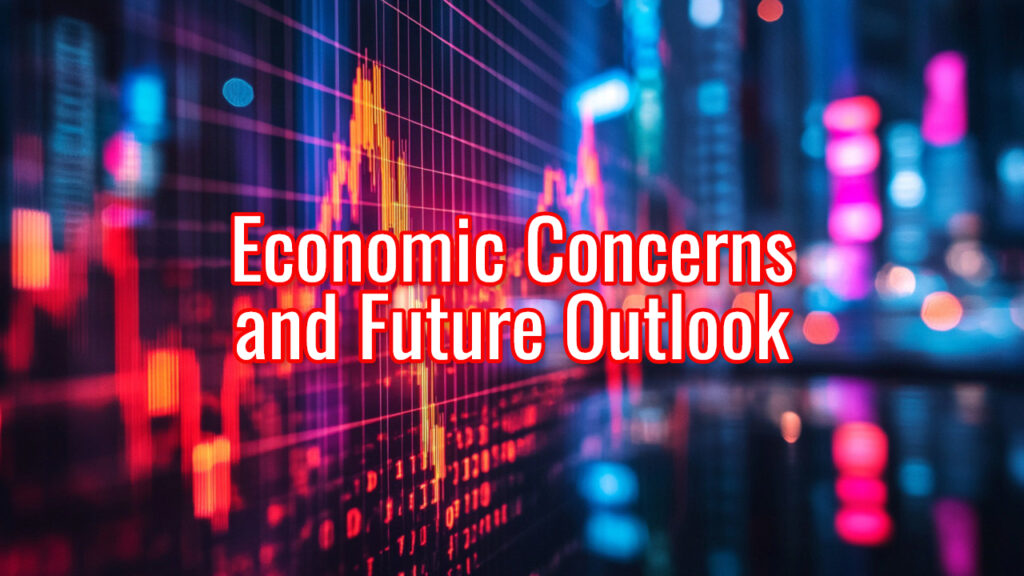
Political Leadership and Public Sentiment
- The current administration under Justin Trudeau has faced criticism for policies perceived to weaken national identity and pride.
- Public sentiment reflects widespread disillusionment with government efficacy, particularly among those impacted by the changing economic landscape.
- Calls for a resurgence of patriotism are met with skepticism, as many Canadians feel disconnected from the historical narratives that shaped the nation.
Social and Cultural Discontent
- Canadians believe the world favors Canada over the U.S., often leading to a false sense of superiority.
- This perception is challenged by the reality that international audiences often cannot distinguish between Canadian and American citizens.
- The ongoing struggle within Canada regarding identity, pride, and cultural cohesion suggests a nation grappling with its future amidst internal and external pressures.
Thanks for Reading
Steven G Smith

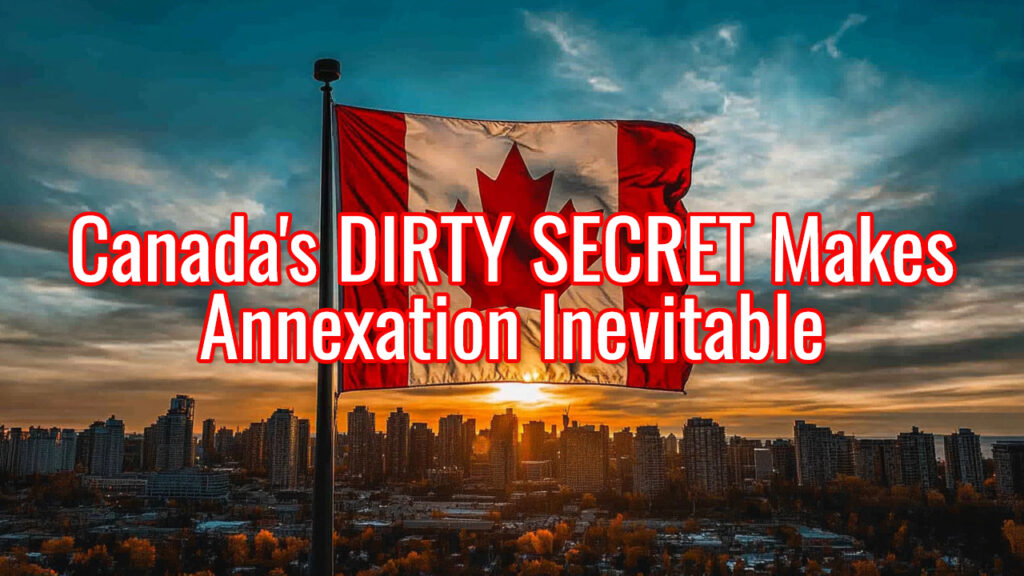
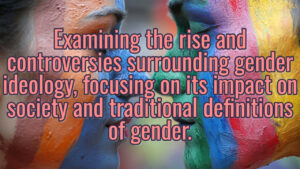


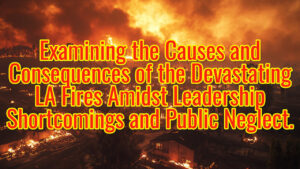
More Stories
Examining the rise and controversies surrounding gender ideology, focusing on its impact on society and traditional definitions of gender.
Understanding Trump Derangement Syndrome: Diagnostic Criteria and Its Impact on Political Discourse and Media Commentary.
Examining the Causes and Consequences of the Devastating LA Fires Amidst Leadership Shortcomings and Public Neglect.